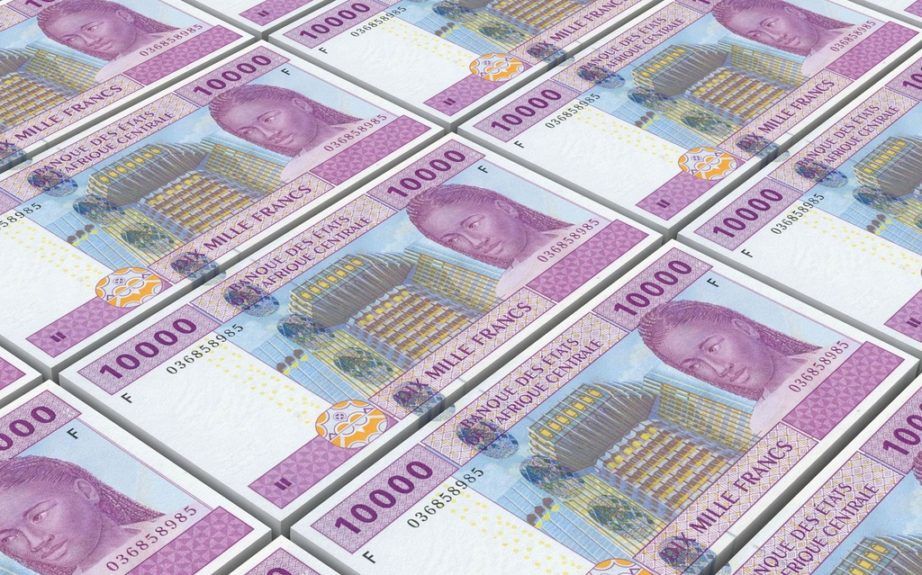Iraq warned to keep US troops or risk financial blow-WSJ
US officials warn Baghdad Iraq could lose access to critical US-based bank account where oil revenues are held-WSJ.
![Iraq warned to keep US troops or risk financial blow-WSJ If Iraq loses access to its New York Fed accounts and the funds in them, it would trigger a shortage of foreign exchange vital to Iraq's already fragile economy[File; Carlo Allegri/Reuters]](https://www.aljazeera.com/mritems/imagecache/mbdxxlarge/mritems/Images/2020/1/11/ff525e8d15014d578a422bafbad285c4_18.jpg)
The iron
grip the United States maintains over the global financial system - and
its propensity to use that power to promote its national interests -
was reportedly at play this week after Iraq's parliament voted on
January 5 to urge caretaker Prime Minister Adel Abdul Mahdi to expel all
foreign troops from the country.
The Wall Street Journal reports the Trump administration warned Iraq that if it kicks US forces out of the country, Washington could respond by shutting down Baghdad's access to a key account Iraq's central bank holds with the Federal Reserve Bank of New York - an account that is crucial to the management of Iraq's oil revenues and its overall financial stability.
More than 200 central banks, governments and international official institutions hold accounts with the New York Fed, thanks to the outsized role the US dollar plays in global financial transactions.
The New York Fed provides these foreign account holders with a range of banking services to facilitate cross-border payments, manage dollar reserves, and access banking channels to help stabilise markets during times of acute financial stress.
The WSJ notes that if Iraq were to lose access to its New York Fed accounts and the funds in them, including profits from oil sales, that could trigger a shortage of foreign exchange vital to the functioning of Iraq's already fragile economy.
The US Department of State warned Iraq's prime minister over the potential loss of access to New York Fed accounts in a phone call on Wednesday, according to an official in his office, the WSJ reports.
Spokespeople for Iraq's prime minister, the country's central bank and the Iraqi embassy in Washington did not respond to the WSJ's requests for comment, while the US Department of Treasury and the Federal Reserve Board declined to comment.
Following the assassination of Iranian general Qassem Soleimani in a US air attack, Iraq's parliament voted to urge Prime Minister Abdul Mahdi to work towards expelling the more than 5,000 US troops stationed in the country.
US President Donald Trump threatened to slap sanctions on Iraq should it carry out the non-binding resolution.
On Friday, Abdul Mahdi signalled his intention to press ahead with it, saying he asked Washington to send a US delegation to Iraq to discuss steps for the withdrawal of US troops. The request was flatly rejected by the US state department.
US Secretary of State Mike Pompeo told reporters at the White House on Friday: "We are happy to continue the conversation with the Iraqis about what the right structure is."
The Wall Street Journal reports the Trump administration warned Iraq that if it kicks US forces out of the country, Washington could respond by shutting down Baghdad's access to a key account Iraq's central bank holds with the Federal Reserve Bank of New York - an account that is crucial to the management of Iraq's oil revenues and its overall financial stability.
More than 200 central banks, governments and international official institutions hold accounts with the New York Fed, thanks to the outsized role the US dollar plays in global financial transactions.
The New York Fed provides these foreign account holders with a range of banking services to facilitate cross-border payments, manage dollar reserves, and access banking channels to help stabilise markets during times of acute financial stress.
The WSJ notes that if Iraq were to lose access to its New York Fed accounts and the funds in them, including profits from oil sales, that could trigger a shortage of foreign exchange vital to the functioning of Iraq's already fragile economy.
The US Department of State warned Iraq's prime minister over the potential loss of access to New York Fed accounts in a phone call on Wednesday, according to an official in his office, the WSJ reports.
Spokespeople for Iraq's prime minister, the country's central bank and the Iraqi embassy in Washington did not respond to the WSJ's requests for comment, while the US Department of Treasury and the Federal Reserve Board declined to comment.
Following the assassination of Iranian general Qassem Soleimani in a US air attack, Iraq's parliament voted to urge Prime Minister Abdul Mahdi to work towards expelling the more than 5,000 US troops stationed in the country.
US President Donald Trump threatened to slap sanctions on Iraq should it carry out the non-binding resolution.
On Friday, Abdul Mahdi signalled his intention to press ahead with it, saying he asked Washington to send a US delegation to Iraq to discuss steps for the withdrawal of US troops. The request was flatly rejected by the US state department.
US Secretary of State Mike Pompeo told reporters at the White House on Friday: "We are happy to continue the conversation with the Iraqis about what the right structure is."
SOURCE:
News agencies


